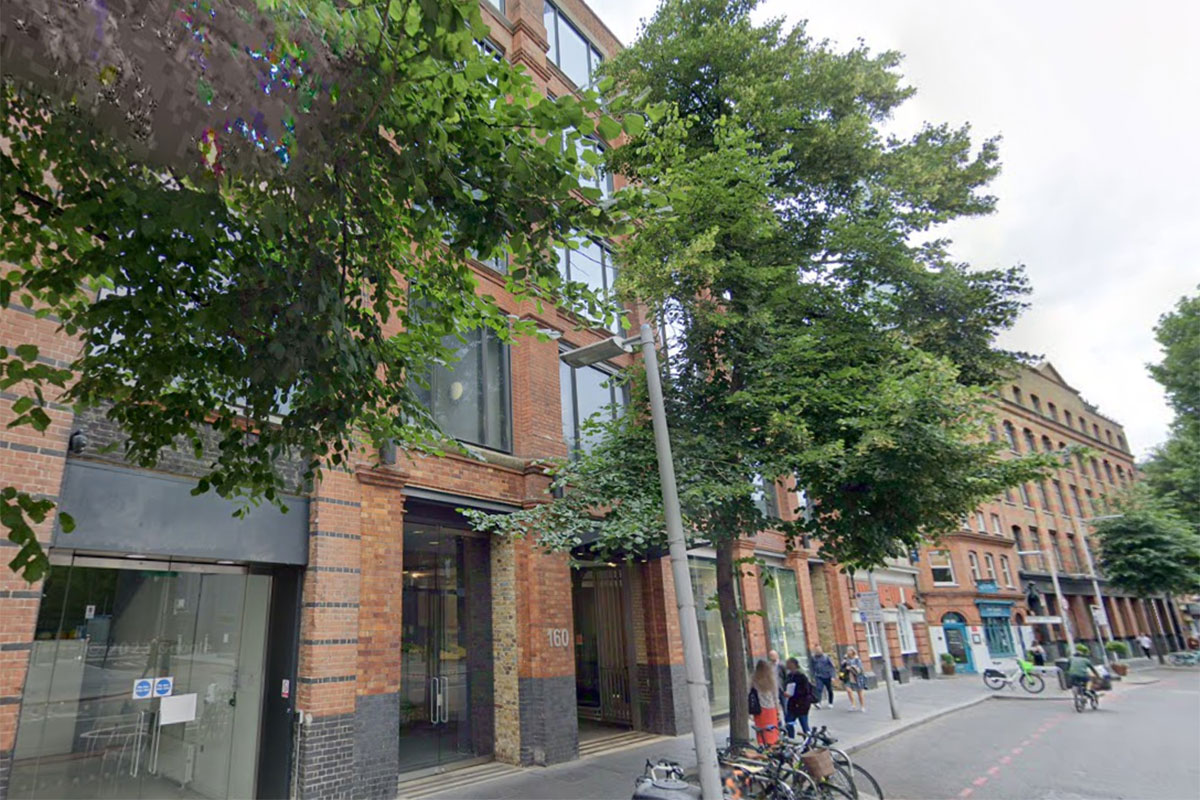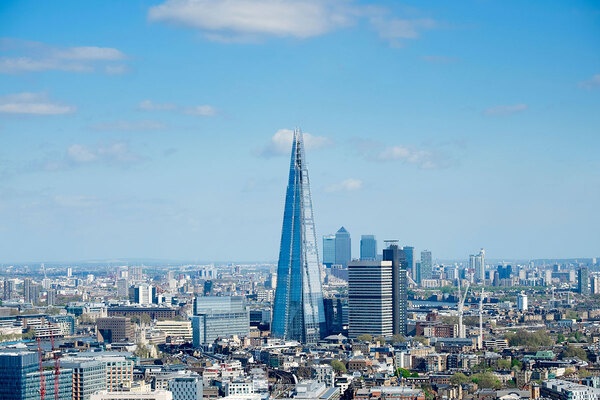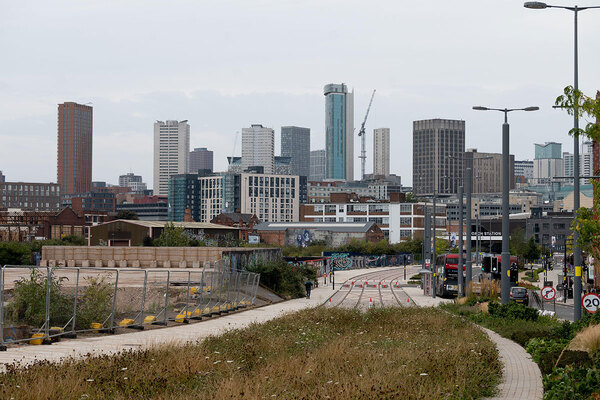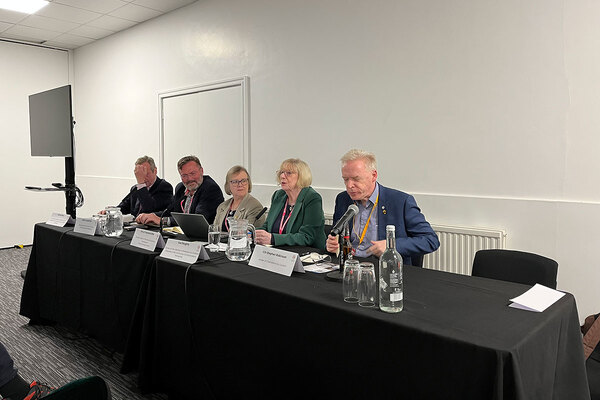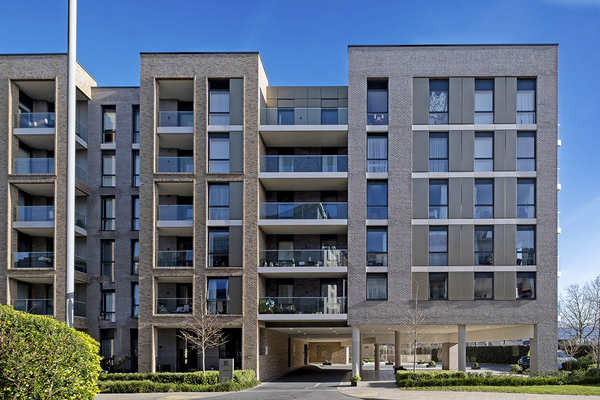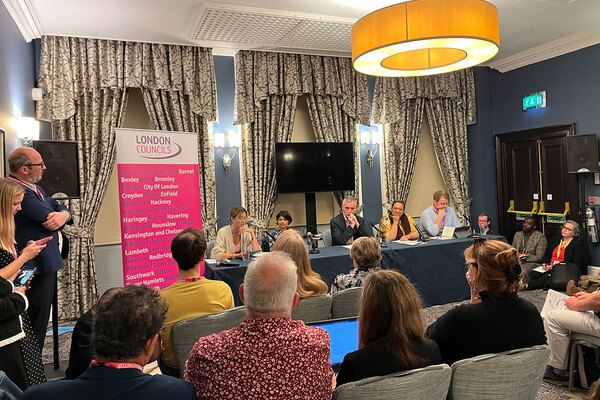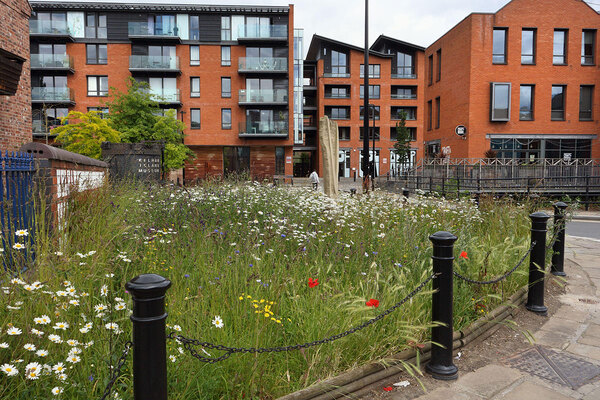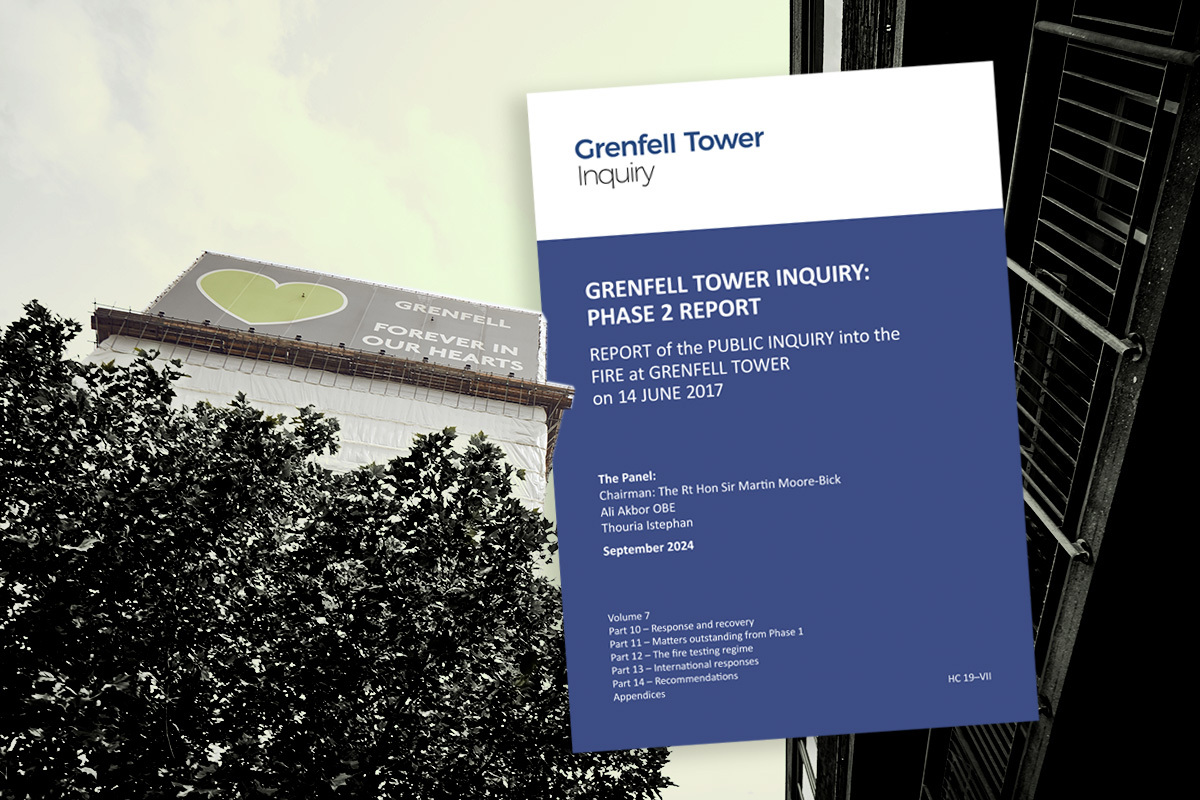You are viewing 1 of your 1 free articles
Exclusive: three London councils scrapped at least £240m worth of social housing last year
Southwark, Islington and Waltham Forest councils scrapped at least £240m worth of social housing last year, Inside Housing can reveal.
Southwark Council shelved £160m worth of developments, three of which were due to be finished next year and one in 2026, that would have provided 231 new social rent homes.
A Freedom of Information (FOI) request by Inside Housing found this was the most social housing scrapped by a London borough last year.
Southwark has defended its development programme as “one of the most ambitious” in the country. To date, the council has completed or has in progress on site over 3,000 new council homes.
The FOI also found the council had already spent £23m on the four sites before mothballing them.
Two of the sites are in Peckham, one is in Camberwell and the other is on Southwark’s border with Lambeth near Waterloo station.
The FOI found the highest expenditure – £5.9m – was on Styles House near Waterloo, which was also providing the fewest social homes (25).
Figures also show £4.3m had already been spent on the Bells Garden site in Peckham, which would have provided 83 homes; £2.4m on the 44 homes promised at Lindley Estate; and £4.8m on Sceaux Gardens in Camberwell, which was due to provide 79 homes.
If completed, the developments would have cost the cash-strapped council £158.7m, according to the FOI.
Last year, Southwark reported a £13.4m deficit in its housing budget, which it admitted would affect its plans to build 11,000 new council homes over the next two decades. The council currently has 27 schemes under construction.
Helen Dennis, cabinet member for new homes and sustainable development at Southwark, said: “We are increasingly facing additional challenges and costs caused by a range of issues, from unexpectedly high inflation and interest rates, to increases to the additional regulations and requirements around safety.
“Regrettably, due to these additional challenges and costs, we had to pause a small number of planned developments. It was a very difficult decision, but not to have done so would have been economically irresponsible on behalf of rent and council-tax payers.
“It is worth emphasising that these are paused, not cancelled, and we are exploring options to get these schemes back on track. For example, those figures do include Styles House and there are already new proposals being consulted on here that would actually increase the number of council homes delivered.
“We have to be practical and responsible with our finances and find new ways to deliver the homes our residents need and deserve, whilst protecting our Housing Revenue Account for investment in existing stock. What we need is an uplift in government grants to be able to do so.”
Islington and Waltham Forest were the only other councils that had to scrap work on new housing developments during the same period, according to the FOI.
Islington councillors announced at an executive committee meeting last month that it had decided to scrap eight developments providing 76 homes, at a cost of £6m.
Building work on these sites would have cost just over £81m if completed.
The most expensive developments, both in terms of money spent and anticipated costs, were the Triangle Estate in Clerkenwell and Braithwaite House and Quaker Court in Shoreditch, which would have provided over 50 new council homes.
Islington pointed out that no construction work had started on any of its developments, but that “the council’s work to progress these individual developments ceased”.
The local authority said in a report in March it was planning a revised programme, which included the delivery of a further 570 council homes, but the proposals were “subject to funding availability and ongoing viability reviews”.
A spokesperson for Islington Council said: “We want everyone in Islington to have a safe, decent and genuinely affordable home. We’ve built hundreds in the last decade and we want to build hundreds more.
“But, as many local authorities can attest, building new council homes has become increasingly difficult in the last few years. Construction costs are rising, and sales values are falling. Contractors are going into administration, driving up costs and delays.
“There are new standards for council houses, which we support, but they also increase the costs of building, with no increase in funding. And this year, the scheme that allowed us to keep all the money from the sales of council homes through Right to Buy, in order to build new homes, was scrapped.
“These challenges have made some building projects, which were viable a few years ago, no longer possible, which is very disappointing.
“However, we are still committed to begin building 750 new council homes by 2027. We are reallocating money from unfeasible projects to new ones to achieve this.
“Not only has this allowed us to free up £19m in additional funding for schemes that offer better value for money, but it has also limited write-offs to less than 2% of our total programme.”
In response to the FOI, Waltham Forest said it had “paused” one housing development, which was due to complete in late 2032, in August last year.
This relates to the rebuild of the 1960s Avenue Road Estate in Leytonstone, which would have created 617 homes, including 250 for social rent, and a further 367 for affordable or private ownership.
The council said Bellway Homes, the large construction company, decided to “terminate” its partnership with the council to knock down the estate, as market conditions meant the project was “no longer viable”.
The council refused to disclose the figures surrounding the development, claiming it was “likely to prejudice its commercial interests”.
In March, London Councils shared its analysis showing a £700m budget blackhole in boroughs’ housing revenue accounts over the 2023/24-2027/28 period.
This squeeze is caused by costs significantly outpacing the income boroughs can expect from social rent levels, which have been impacted by government intervention to cap social rent increases nationally, leading to a substantial real-terms reduction in funding available for social housing.
Sign up for our Council Focus newsletter
Already have an account? Click here to manage your newsletters
